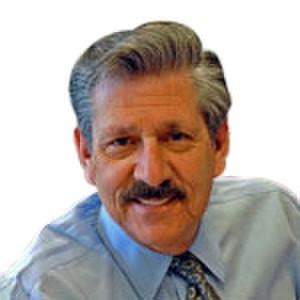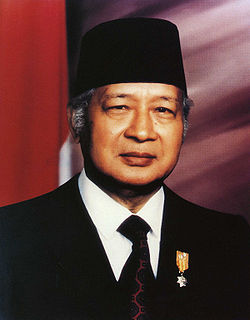A Quote by Noam Chomsky
What is called 'capitalism'is basically a system of corporate mercantilism, with huge and largely unaccountable private tyrannies exercising vast control over the economy, political systems, and social and cultural life, operating in close cooperation with powerful states that intervene massively in the domestic economy and international society.
Related Quotes
Capitalism and socialism are two distinct patterns of social organization. Private control of the means of production and public control are contradictory notions and not merely contrary notions. There is no such thing as a mixed economy, a system that would stand midway between capitalism and socialism.
The powers of financial capitalism had a far-reaching aim, nothing less than to create a world system of financial control in private hands able to dominate the political system of each country and the economy of the world as a whole. This system was to be controlled in a feudalist fashion by the central banks of the world acting in concert, by secret agreements arrived at in frequent meetings and conferences.
Tunisia's responsibility, and especially that of its political and intellectual elites, is enormous. All the protagonists of the nation's social, cultural, economic and political life must work to overcome useless and counterproductive polarisation, and to find solutions to domestic, regional and international problems.
The domestic power structure - how power is exercised in the United States, for instance - greatly influences the structure of international institutions. So, for example, the Clinton administration was very influential in shaping the WTO treaty, and, because of the way the US domestic political system works, this meant that corporations could use the US government to wield a huge influence.



































